Appetite is more than just a simple desire to eat. Rather, it is a complex combination of emotional, behavioral, cognitive and physiological processes in the body, according to The Conversation (Australia).
When we are sick, the biological mechanisms that stimulate us to crave carbohydrates serve the following purposes:
Boost immunity
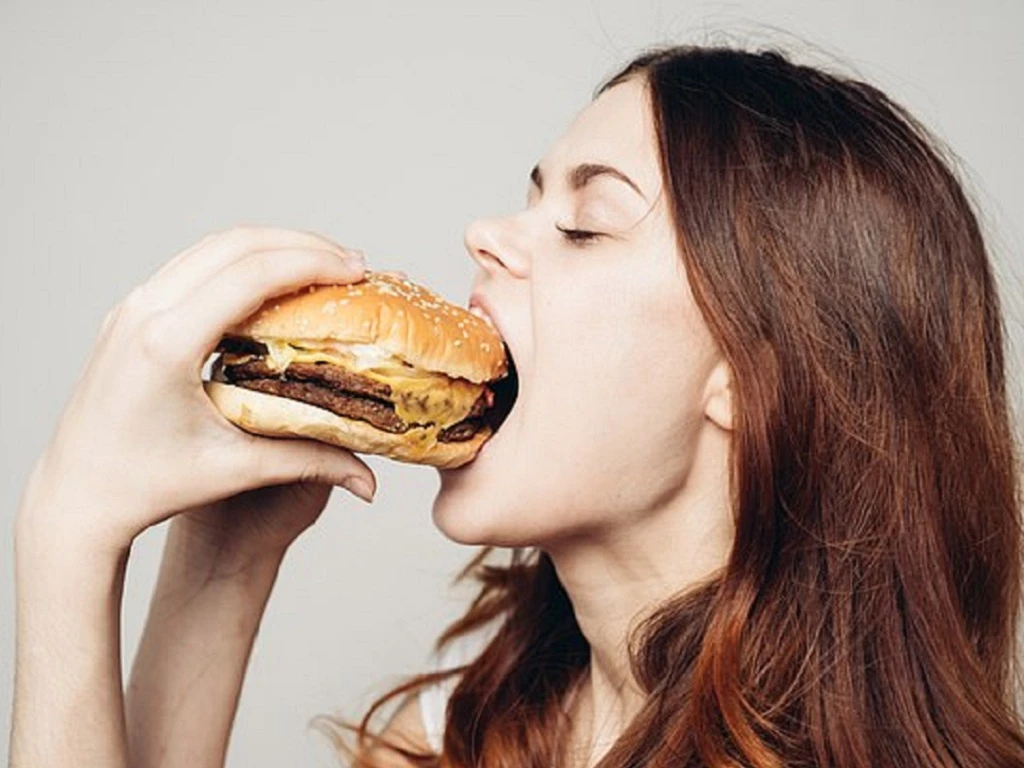
Changes in your body when you're sick can cause cravings for foods high in carbohydrates.
When disease attacks the body, the immune system will start to be activated to eliminate the pathogen. Therefore, to function well, the immune system needs more energy. This phenomenon will often lead to an increase in the body's metabolism, pushing up the demand for energy and nutrient absorption.
Foods containing sugar and starch are a source of food that provide quick and abundant energy. However, if you eat too much sugar, beyond the necessary level, it will easily cause inflammation in the body, thereby hindering the recovery process.
Due to stress response
Being sick puts stress on your body. Stress increases the hormones adrenaline and cortisol and mobilizes your body's energy to deal with the stressful situation.
Therefore, prolonged stress will disrupt the body's energy balance, causing nutritional deficiencies and stimulating appetite. As a result, the body will crave foods that are high in energy such as starch and sugar.
The brain's reward system
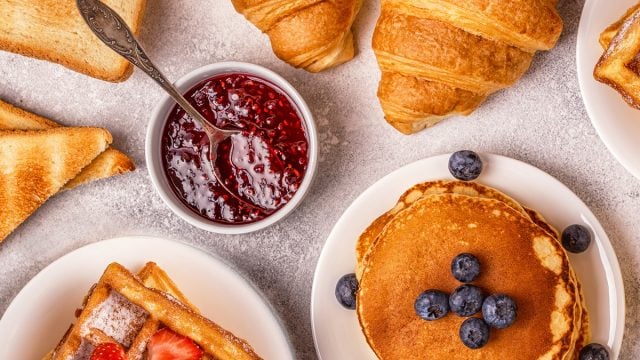
If the patient has no appetite, especially foods high in carbohydrates, it may be due to fatigue, discomfort, nausea or changes in taste.
Eating foods high in sugar and starch easily activates the brain's reward system, increasing the secretion of feel-good neurotransmitters like dopamine and serotonin.
However, not everyone who is sick craves carbohydrates. If a sick person has no appetite, especially foods high in carbohydrates, it may be because the body is tired, uncomfortable, nauseous or has a change in taste.
Other causes include a slowing of the body’s metabolism and excessive consumption of liquid foods such as porridge, soup, water or tea. Consuming these foods increases the feeling of fullness and reduces appetite, according to The Conversation.
Source link




![[Photo] Prime Minister Pham Minh Chinh chairs the meeting of the Government Party Committee Standing Committee](https://vstatic.vietnam.vn/vietnam/resource/IMAGE/2025/8/23/8e94aa3d26424d1ab1528c3e4bbacc45)



![[Photo] General Secretary To Lam attends the 80th Anniversary of the Cultural Sector's Traditional Day](https://vstatic.vietnam.vn/vietnam/resource/IMAGE/2025/8/23/7a88e6b58502490aa153adf8f0eec2b2)
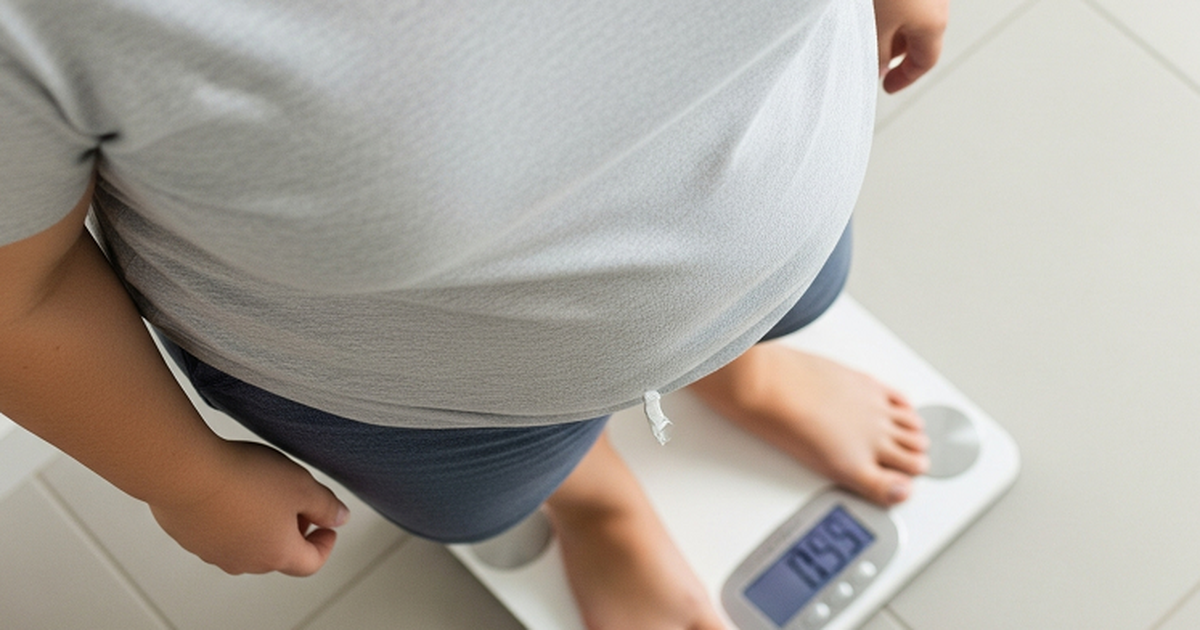

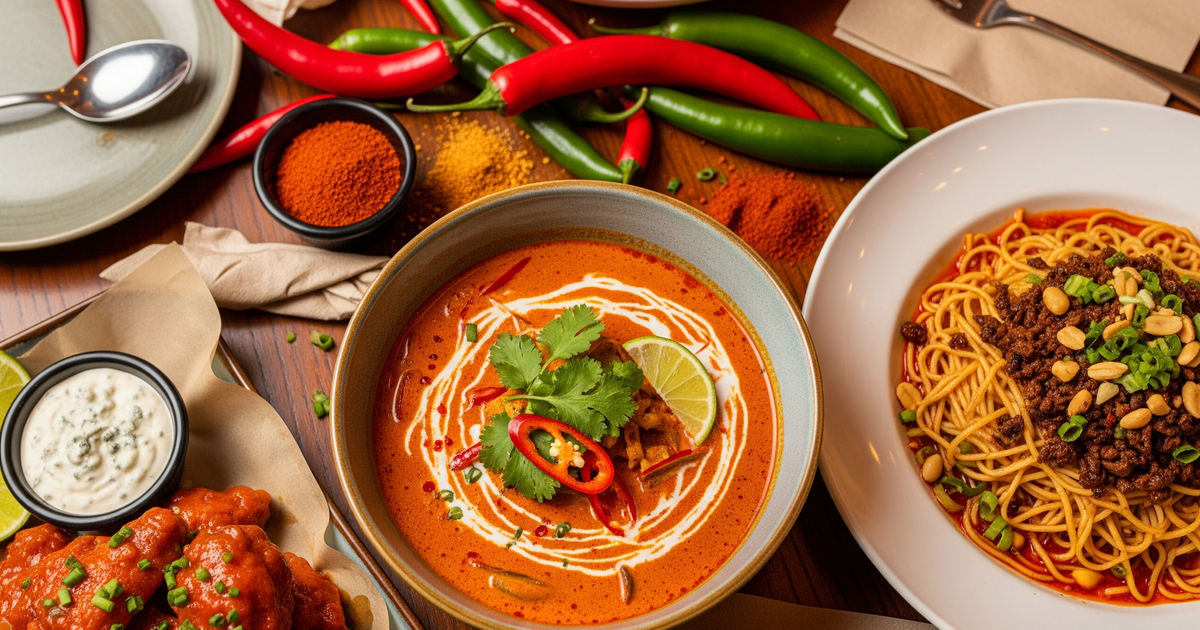
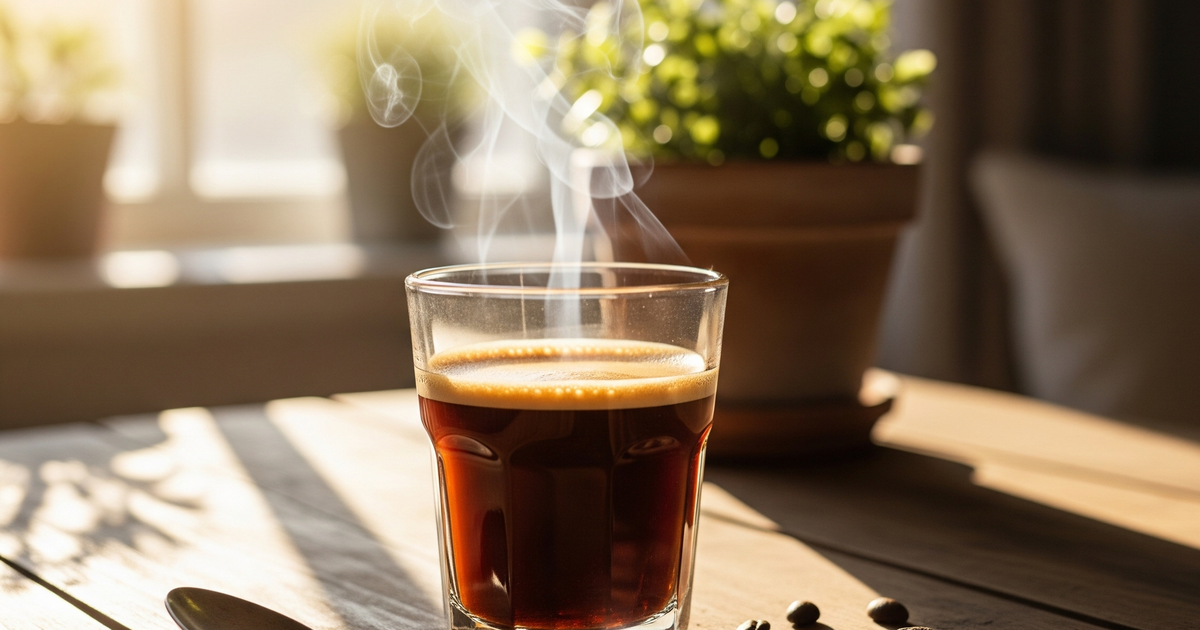

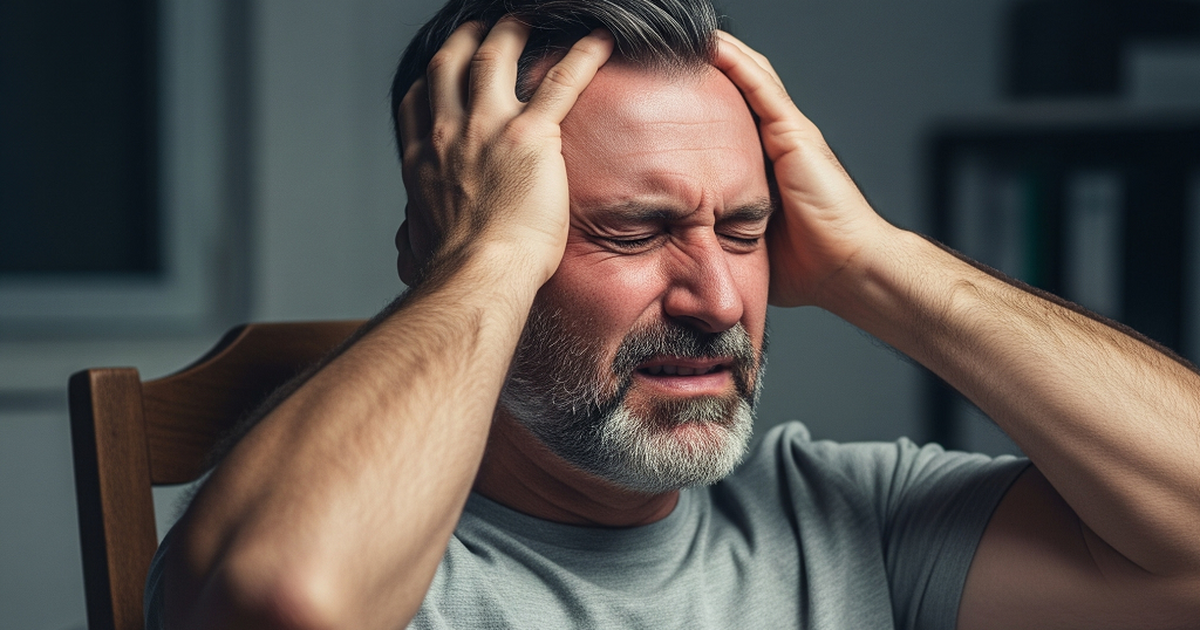
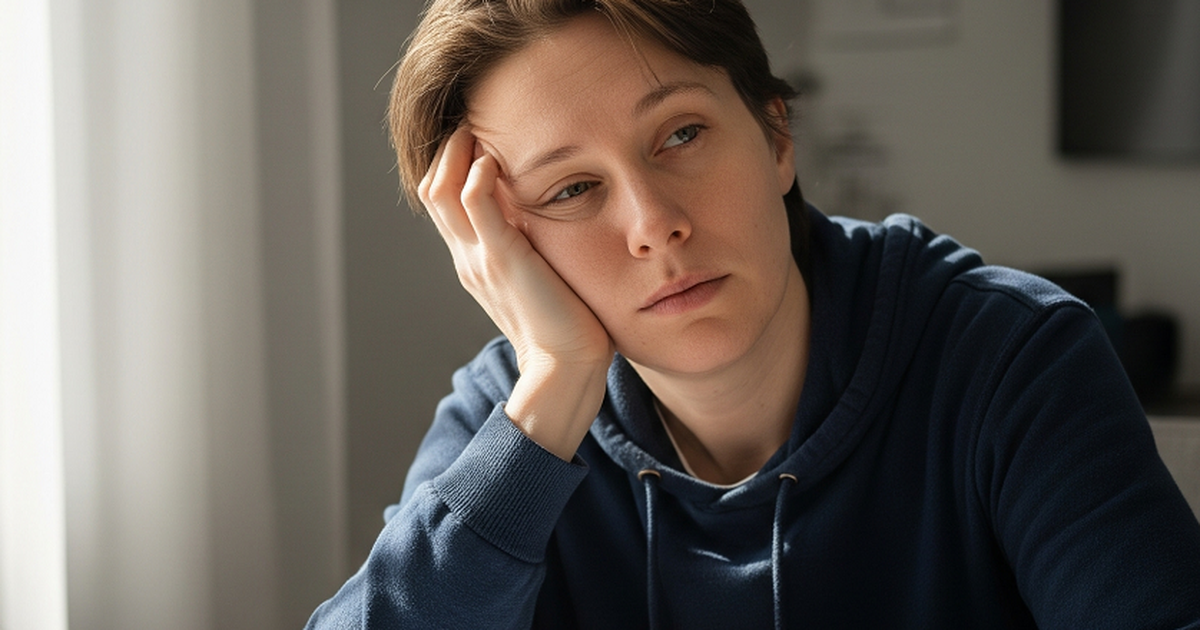
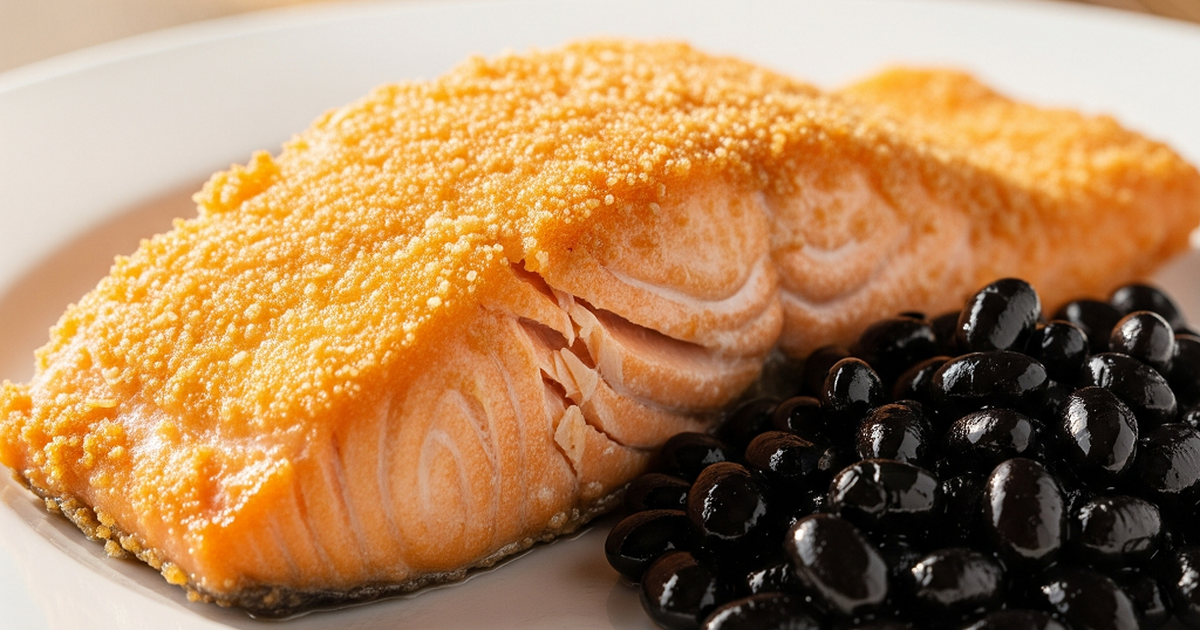
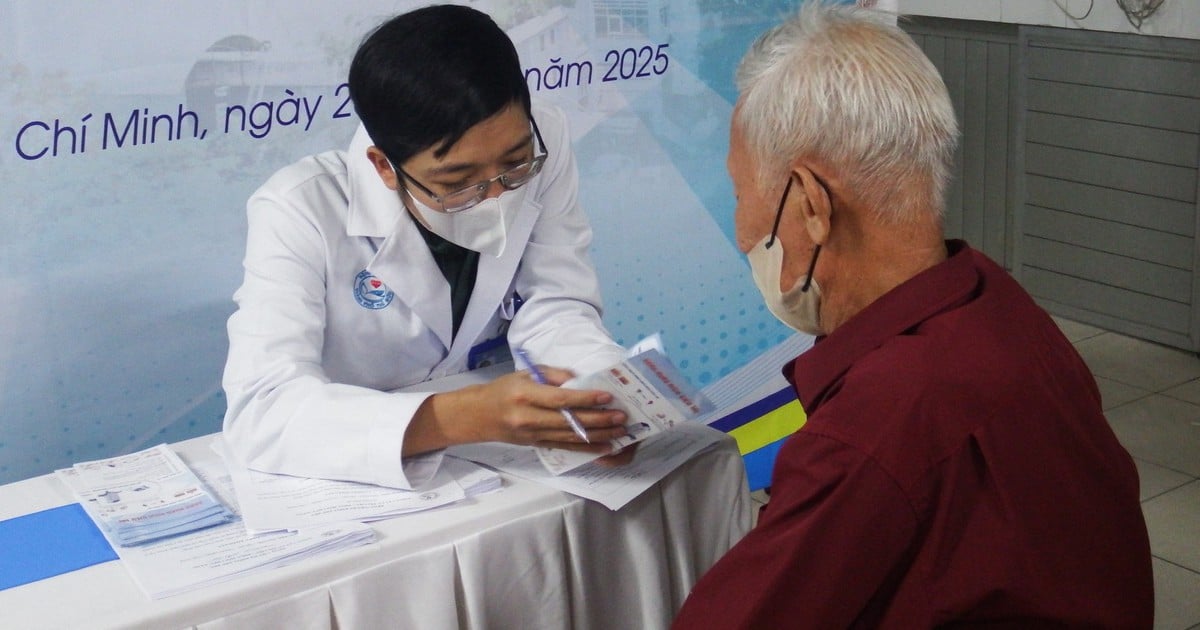




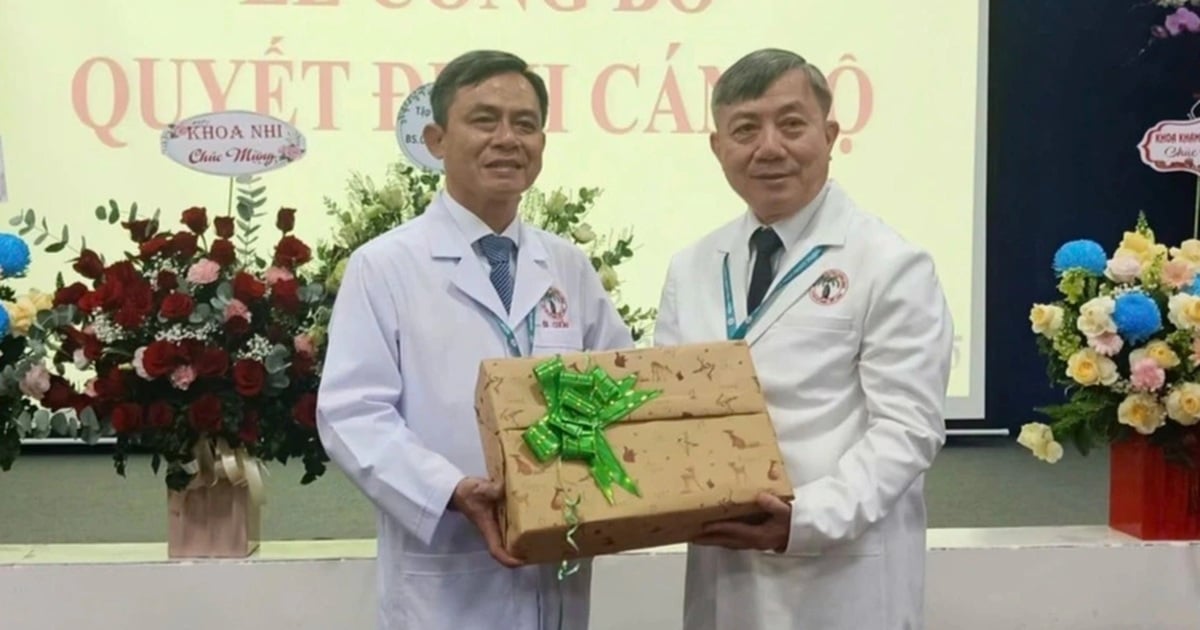





















































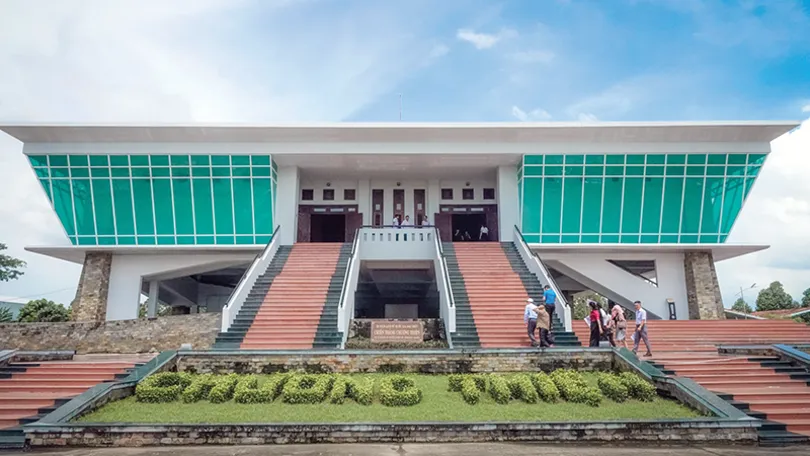



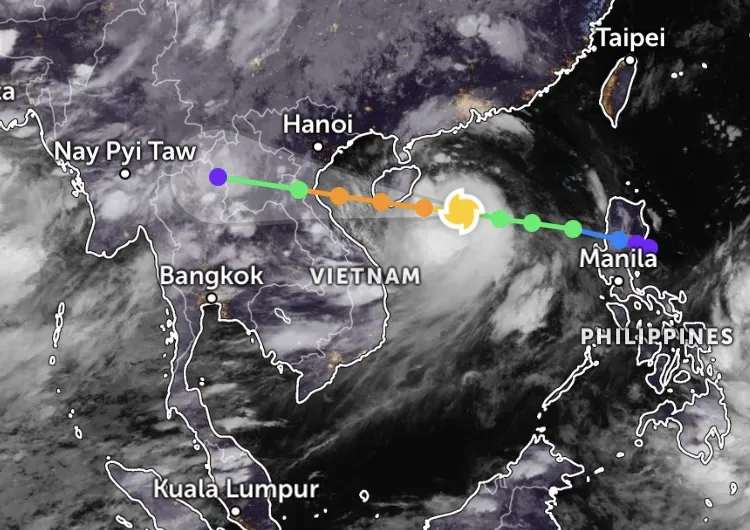


















Comment (0)